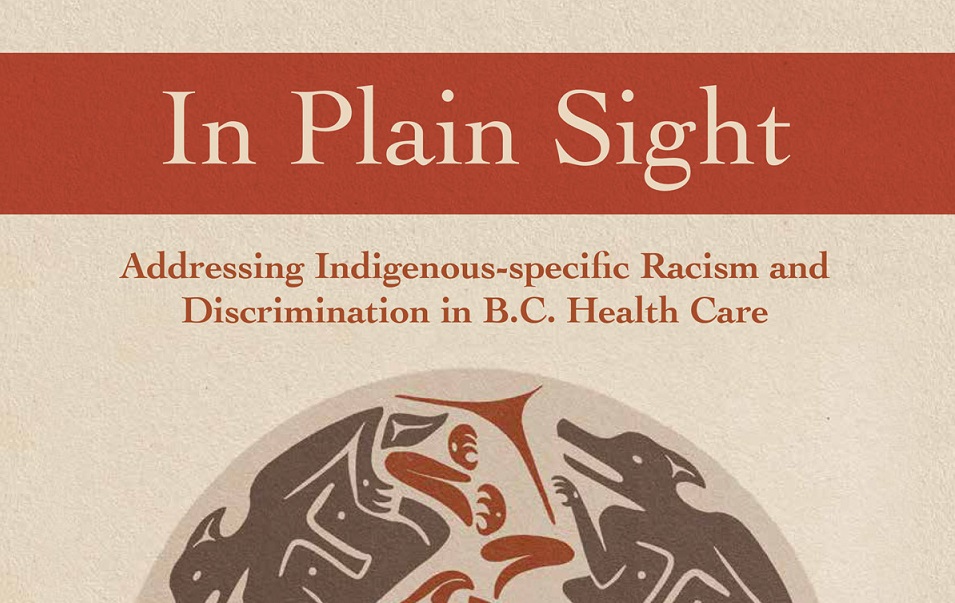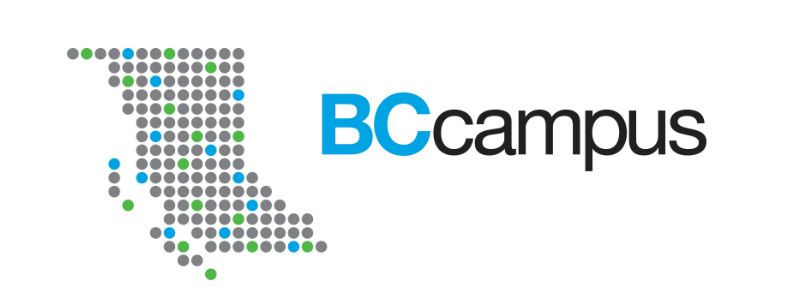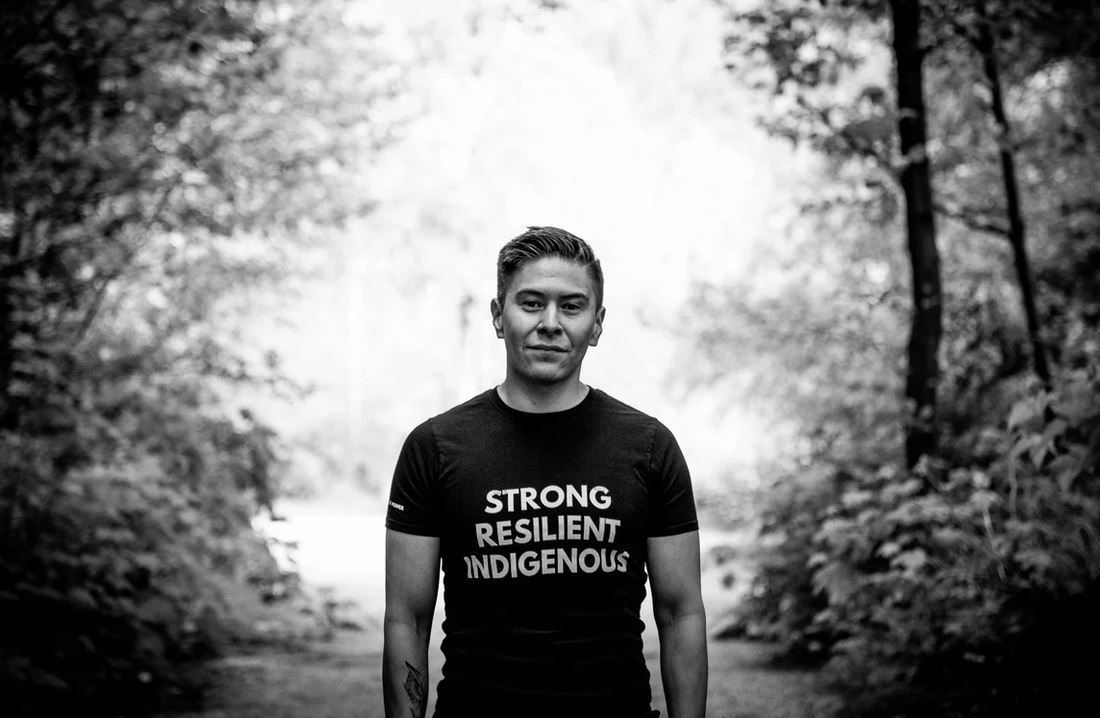Seeing as there is a palpable awareness of a need to decolonize nursing education, I decided to research into what steps are being taken to achieve this. I stumbled across a framework created by the Canadian Association of Schools of Nursing (CASN) and the Canadian Indigenous Nurses Association (CINA) whose goal is to support decolonization, Indigenization, and reconciliation in nursing education. Their framework includes foundational strategies, recruitment and retention strategies, and curricular strategies for nursing education to advance the above goals and respond to the Truth and Reconciliation Commission of Canada’s calls to action. Here is an excerpt of the calls of action from the TRC as they related to nursing education:

Their framework is quite extensive and is a great starting place for decolonizing nursing education. They state implementation of this framework and their strategic plan to occur from 2019-2023, I will be curious to know what has been accomplished to date. I will focus some of my research time to answering this in the coming days.
 Another resource I wanted to call out for educators looking to decolonize their curriculum is the ‘
Another resource I wanted to call out for educators looking to decolonize their curriculum is the ‘







